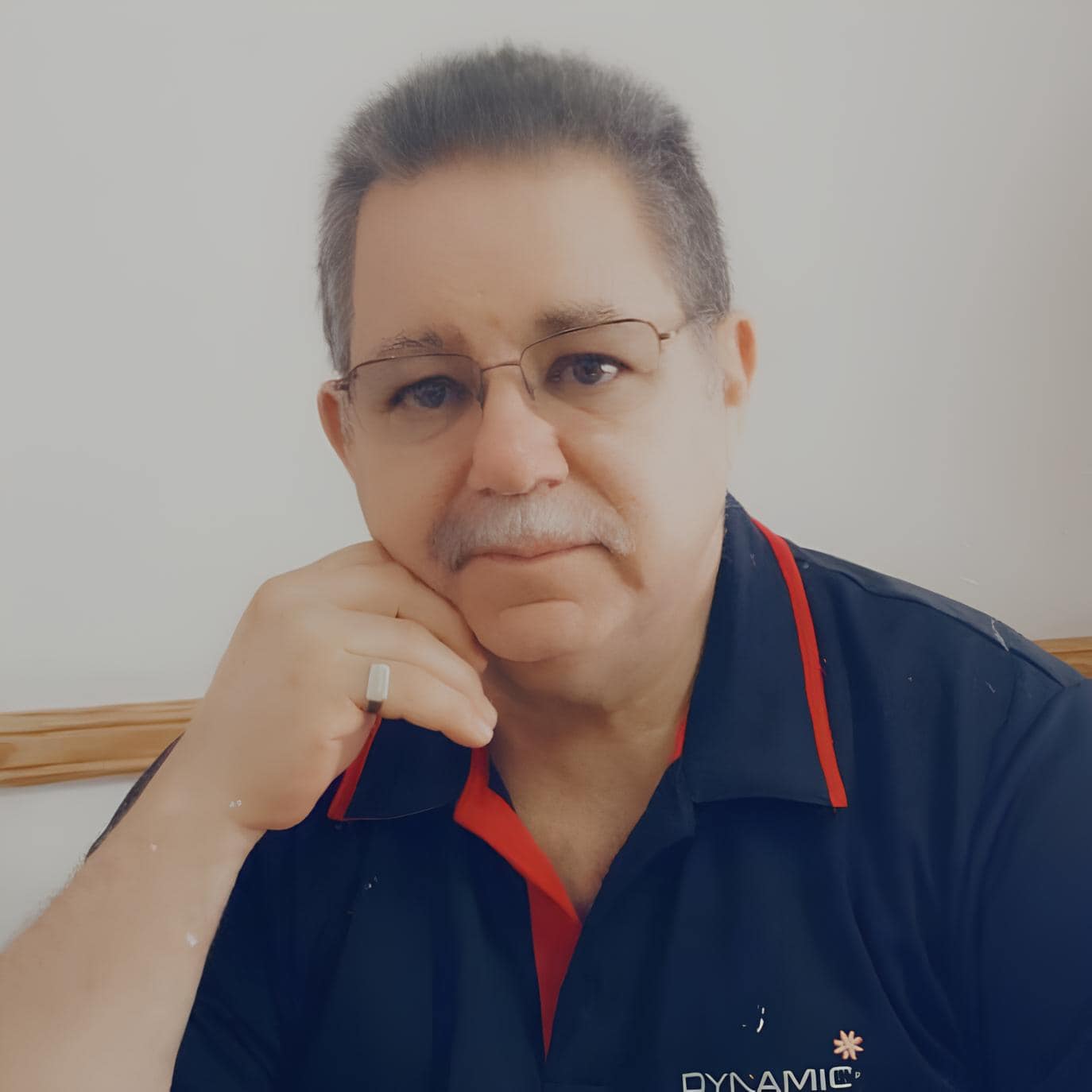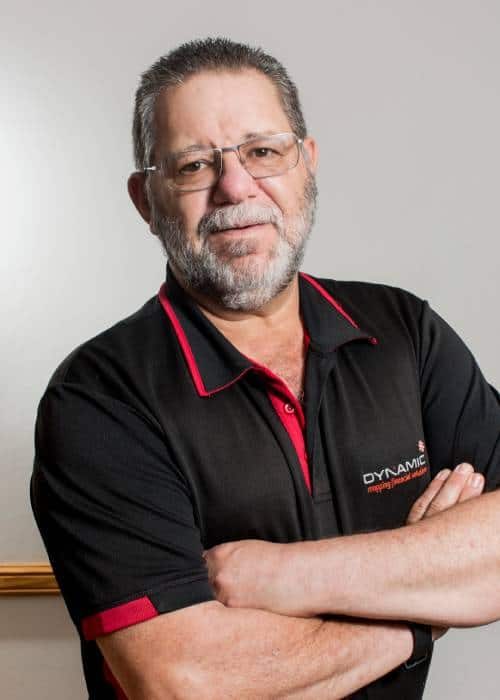I have read a recent court case where a shocking judgement was made by a judge, which should send warning signals to estate planners and ‘family’ trustees. The father, who is the estate planner and also a trustee, was diagnosed with Alzheimer’s Disease already in 2013. (As usual) the siblings started fighting over their share in the substantial assets the father built up in trust over the years. The controlling ‘so-called’ independent trustee is biased through his relationship with one of the siblings. He hides behind the fact that he is the life-long trusted friend of the founder. This is in clear contravention of the clear objective set out in the trust – to create a fund for the benefit of all beneficiaries. The father always wished for equal treatment of all the siblings. The controlling trustee influenced the other trustees to benefit the sibling he is related to at the expense of the other siblings. The Court papers stated and the judge even admitted that the father was not participating in any trust matters for a long time. The judge even refers to the other trustees as the “active trustees” in his judgement. This is clearly not allowed in our law and any such abuse of a person’s mental state should be frowned upon. What are the lessons to be learned from this case?
1. Careful about controlling trustees
Many people appoint their best friends as trustees just for those people to start acting in their own benefit, directly or indirectly, in the future. It is becoming hard to remove a trustee in Court, as the Courts are warned to treat a trustee removal with “circumspection” (wary and unwilling to take risks), especially if the estate planner handpicked the trustees (Volkwyn N.O. v Clarke and Damant case of 1946). Be careful who you appoint as trustees.
2. Joint action, joint decisions
The Courts have, in many cases, established the “Joint Action” rule, whereby trustees are required to act jointly in dealing with trust property. Even when the trust instrument stipulates that the majority of trustees can make a decision, the resolutions must be signed by all trustees. All trustees are expected to participate in trust affairs (Le Grange v The Louis and Andre Le Grange Family Trust case of 2017). In this case, the judge accepted the respondents’ version that they rely on the majority rule as the father was no longer able to participate in trust matters due to his mental condition. Even if a trust instrument allows for the majority of trustees to form a quorum for a trustees’ meeting – or allows for the majority decision of trustees – such majority may perfectly take a valid internal decision by acting together on the internal front. It will not, however, be a valid resolution that externally binds a trust unless it is signed by all trustees, including absent trustee/s in whose absence it was taken, as well as disagreeing trustees.
The Joint Action Rule stems from joint ownership (Land and Agricultural Bank of South Africa v Parker case of 2005). When dealing with third parties, even if the trust instrument stipulates that a decision can be made by the majority of trustees, all trustees are required to be involved in the decision and have to sign each resolution. It is not the majority vote but the resolution (signed by the entire complement of trustees) that binds a trust. A trust operates on resolutions and not on votes. Bearing in mind that a trust operates using resolutions (in terms of the Steyn v Blockpave case of 2011), all trustees must be notified during the decision making process. The Court emphasised that a trust functions through its appointed trustees and that its legal personality requires that all trustees act together for and on behalf of the trust.
The courts do not tolerate ‘silent’, ‘sleeping’, ‘absent’, or ‘puppet’ trustees (Slip Knot Investments case of 2011). All trustees have to act and act in the best interests of the trust and all beneficiaries. The mere fact that the judge referred to the other trustees as the “active trustees” and the fact that no evidence was produced that the father participated in any trust affairs (such as signatures on trust documents) and the fact that the judge acknowledges the fact that the siblings agreed to not involve the father in any discussions relating to the trust or their disagreements should have sent a warning signal to the judge. He made nothing of this.
3. When should a trustee with Alzheimer’s be removed?
A person could be disqualified as a trustee in terms of an express provision in terms of the trust instrument (the Land and Agricultural Bank of South Africa v Parker case of 2005). A person can also be removed as trustee by the Master of the High Court – if they have been declared by a competent court to be mentally ill or incapable of managing their own affairs; or if they are, by virtue of the Mental Health Care Act 17 of 2002, detained as a patient in an institution or as a State patient (in terms of Section 20(2)(d) of the Trust Property Control Act).
In terms of our common law the general principle is that if a person is unable to fully understand or interpret all the consequences of their actions due to mental illness, it is said that such person lacks the capacity to perform a specific act and that any act performed is, therefore, null and void. It makes no difference whether the person has not yet been declared mentally ill (and a curator appointed to them), or that the other party to the transaction was unaware of the person’s mental condition (Molyneux v Natal Land & Colonization Co. Ltd case of 1905). The trustees, therefore, had to remove the father in terms of the requirements of the trust deed.
Conclusion
Estate planners should consider the above risks when setting up a trust and selecting first trustees, and create mechanisms in the trust deed that pre-empt any eventualities.
~ Written by Phia van der Spuy ~ courtesy of TrustEeze








